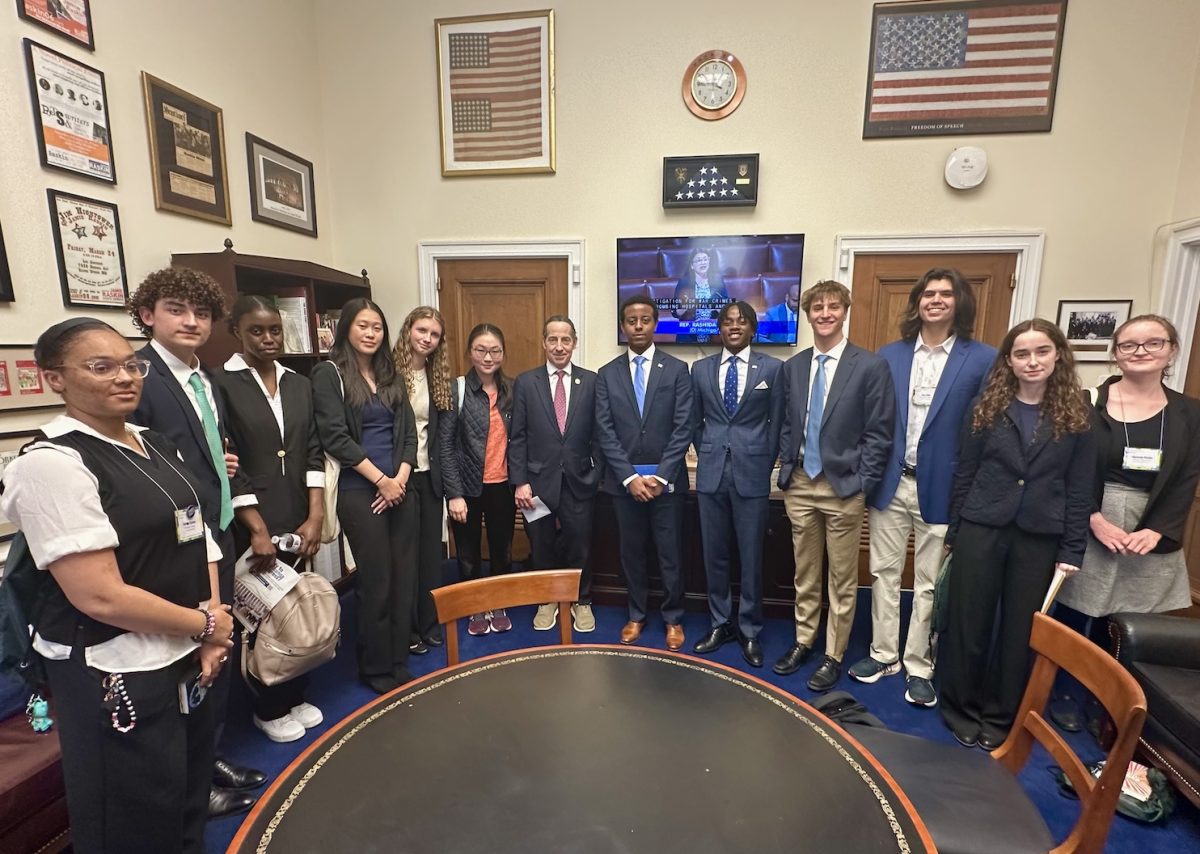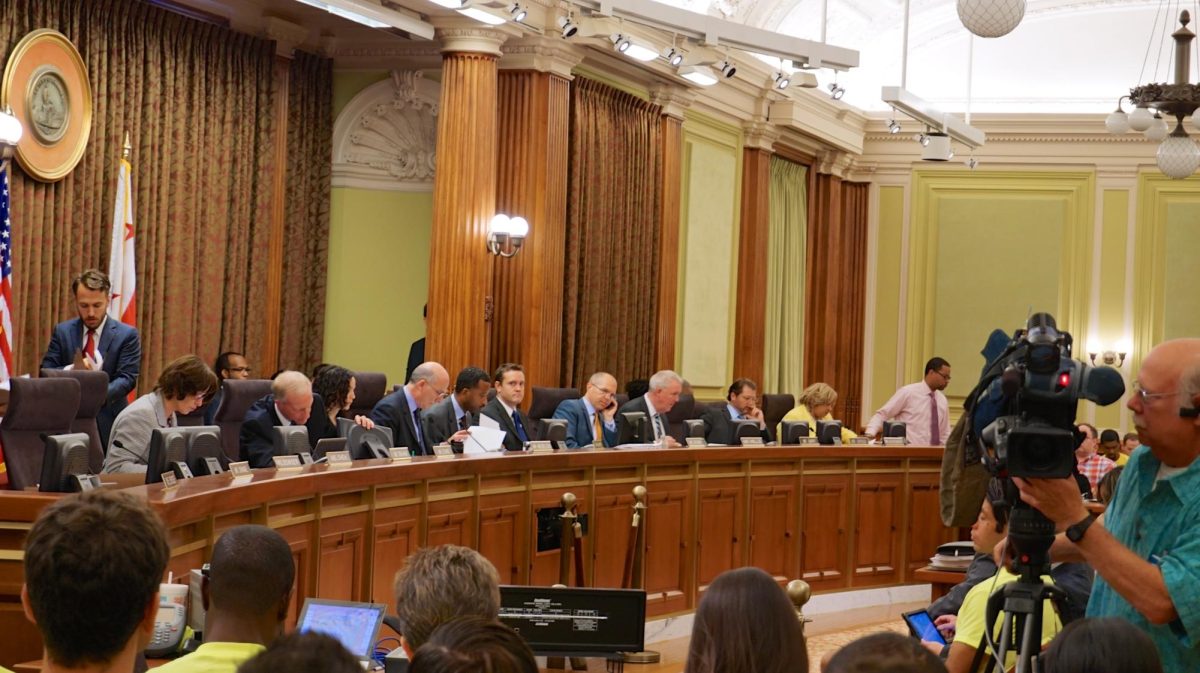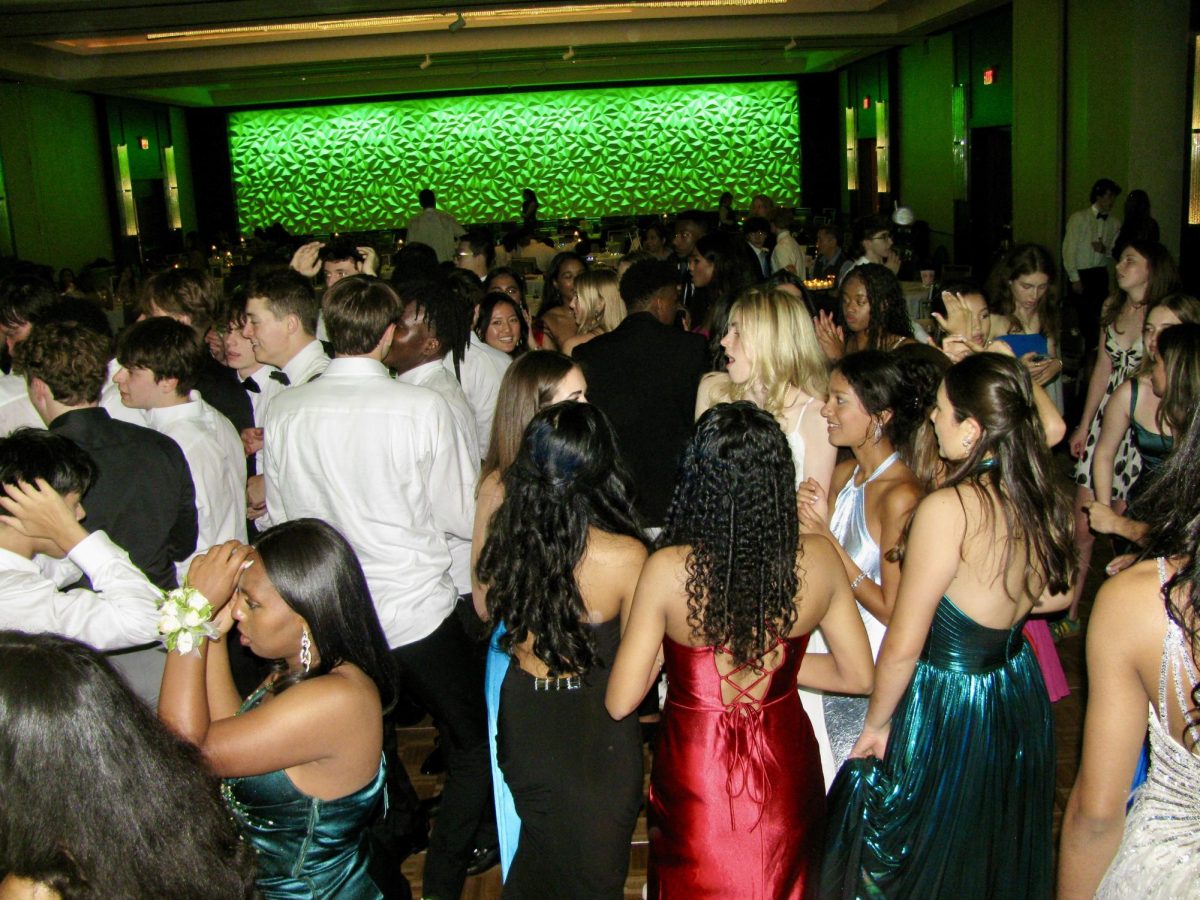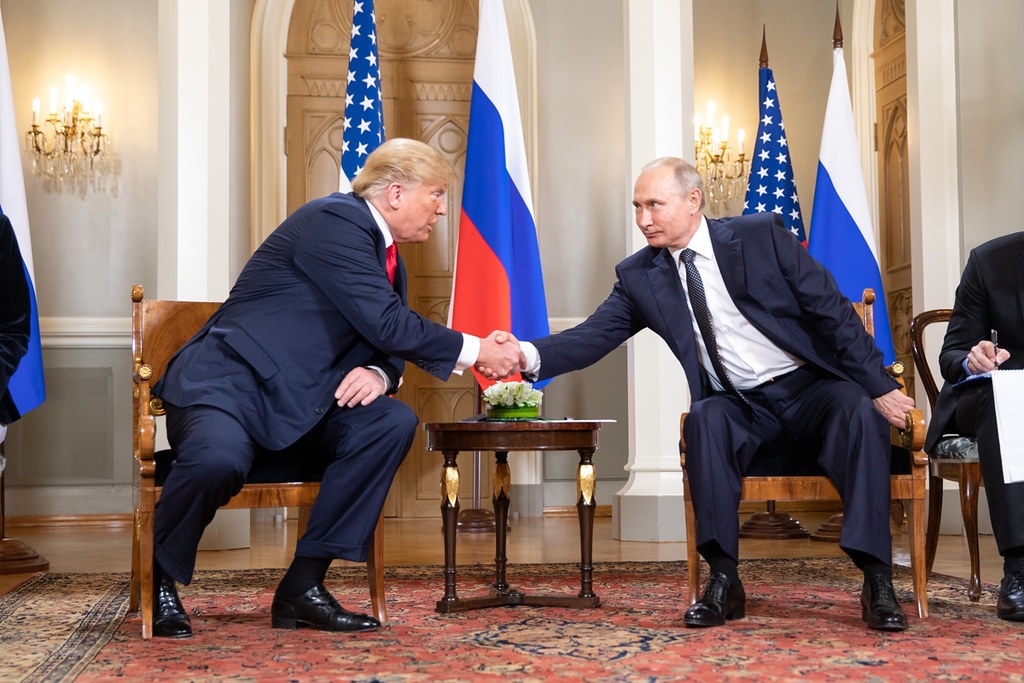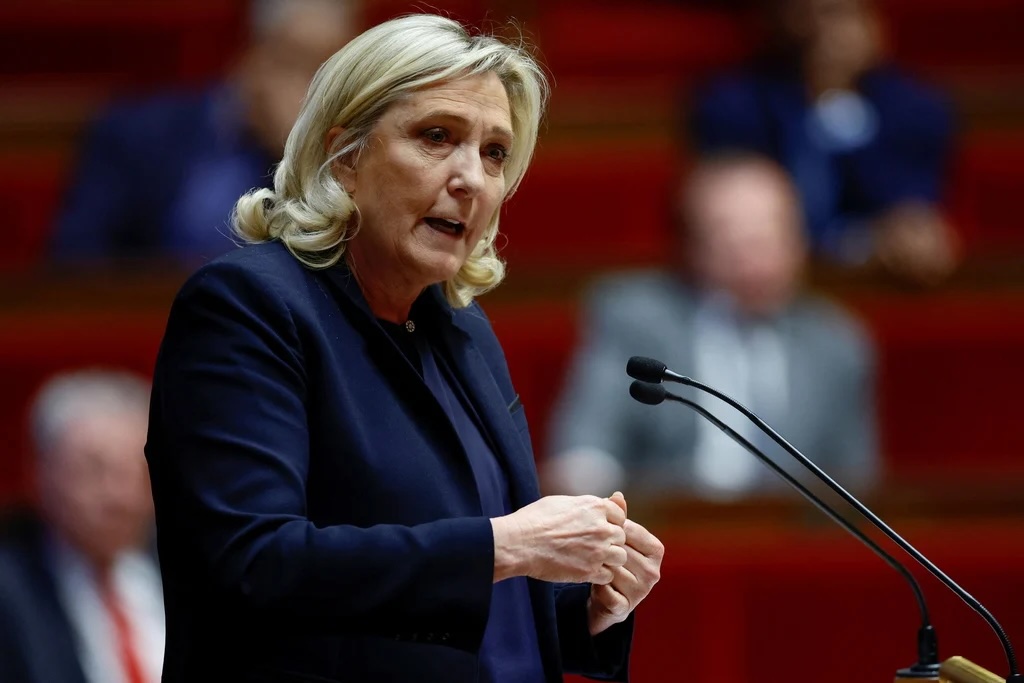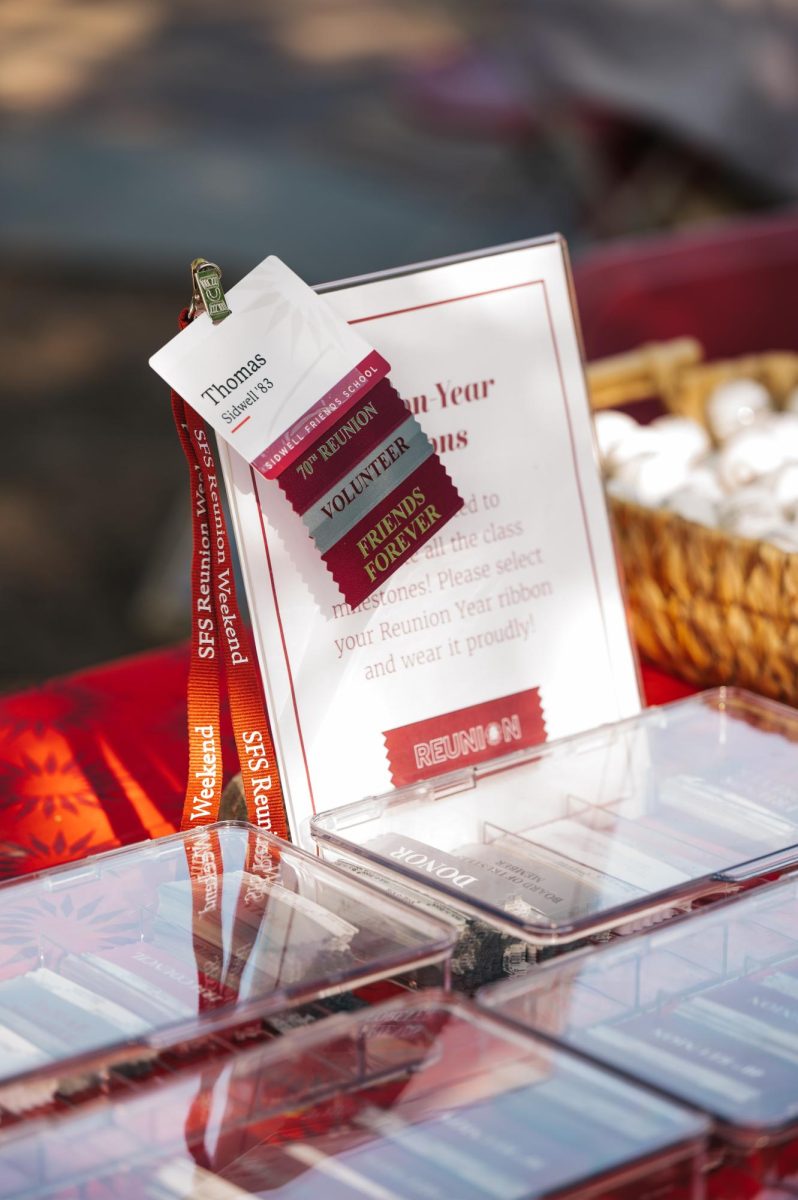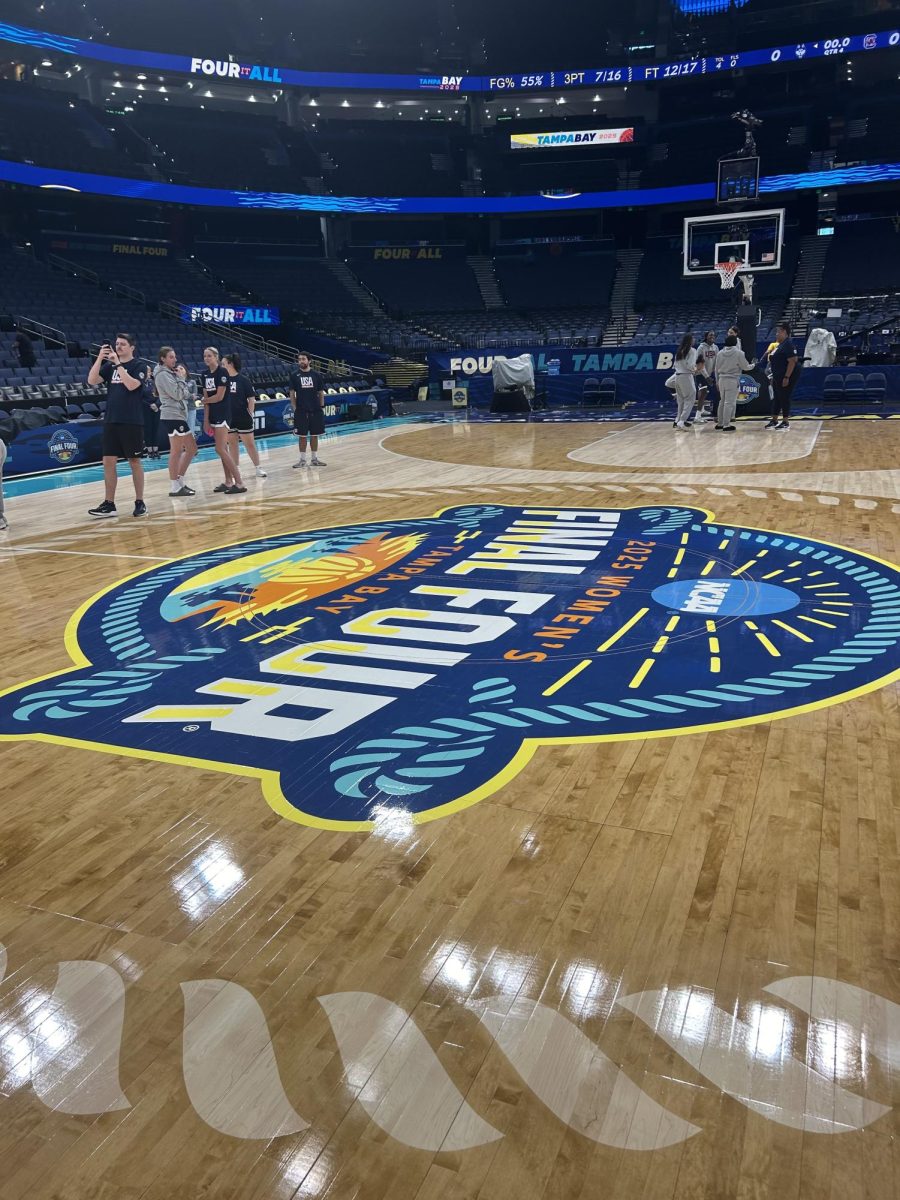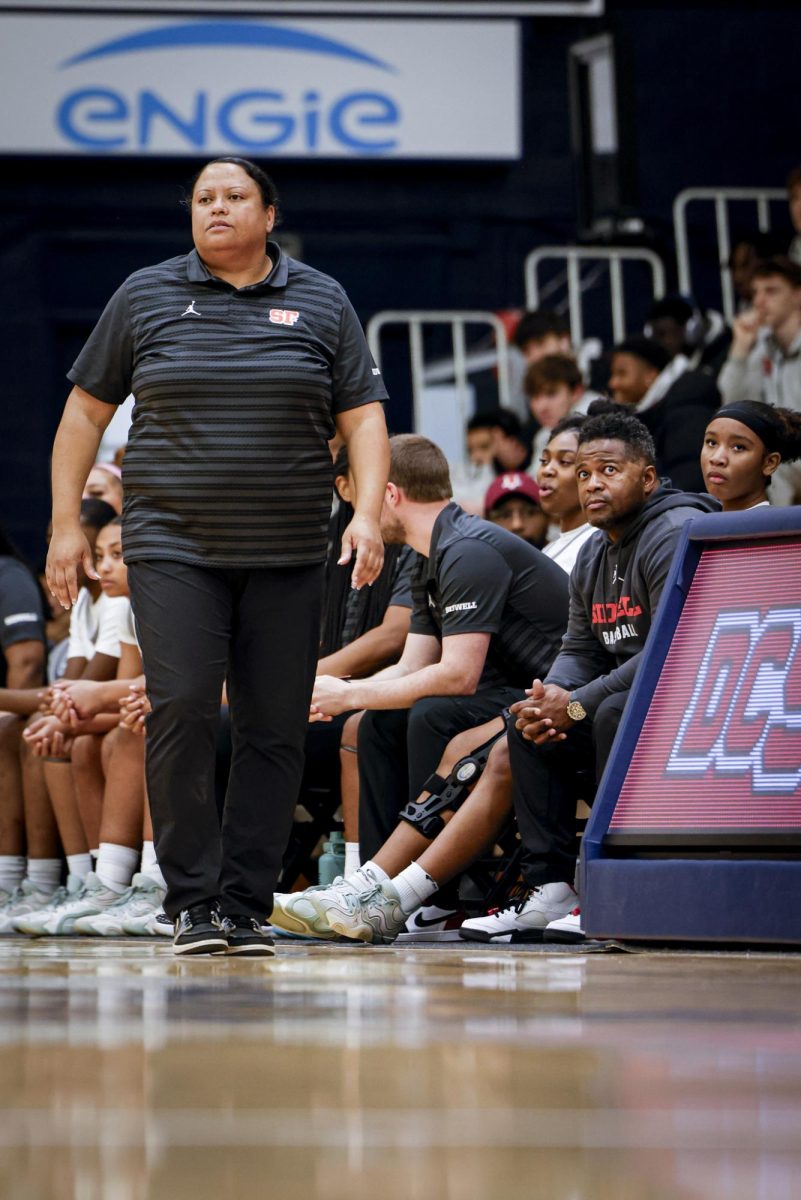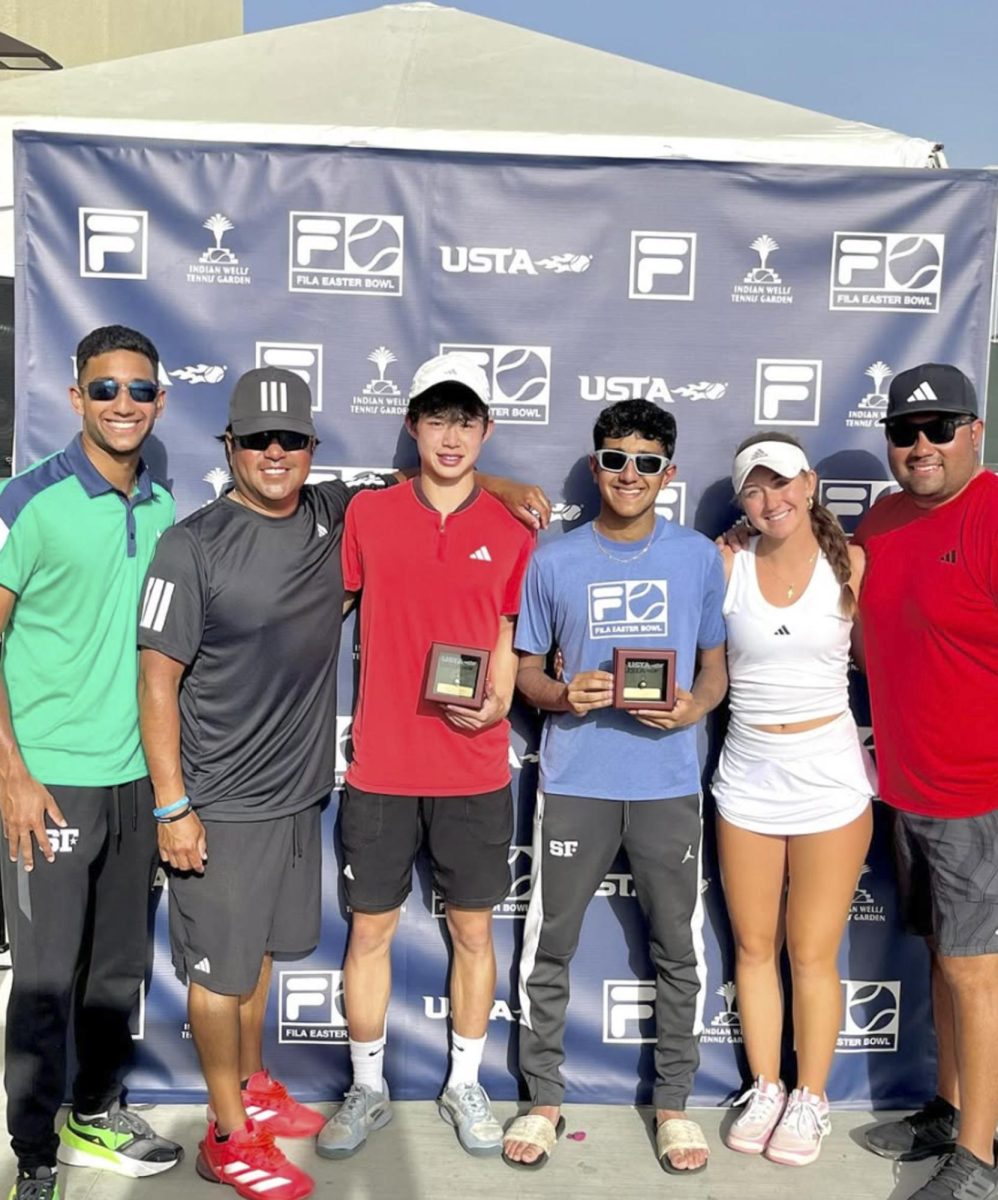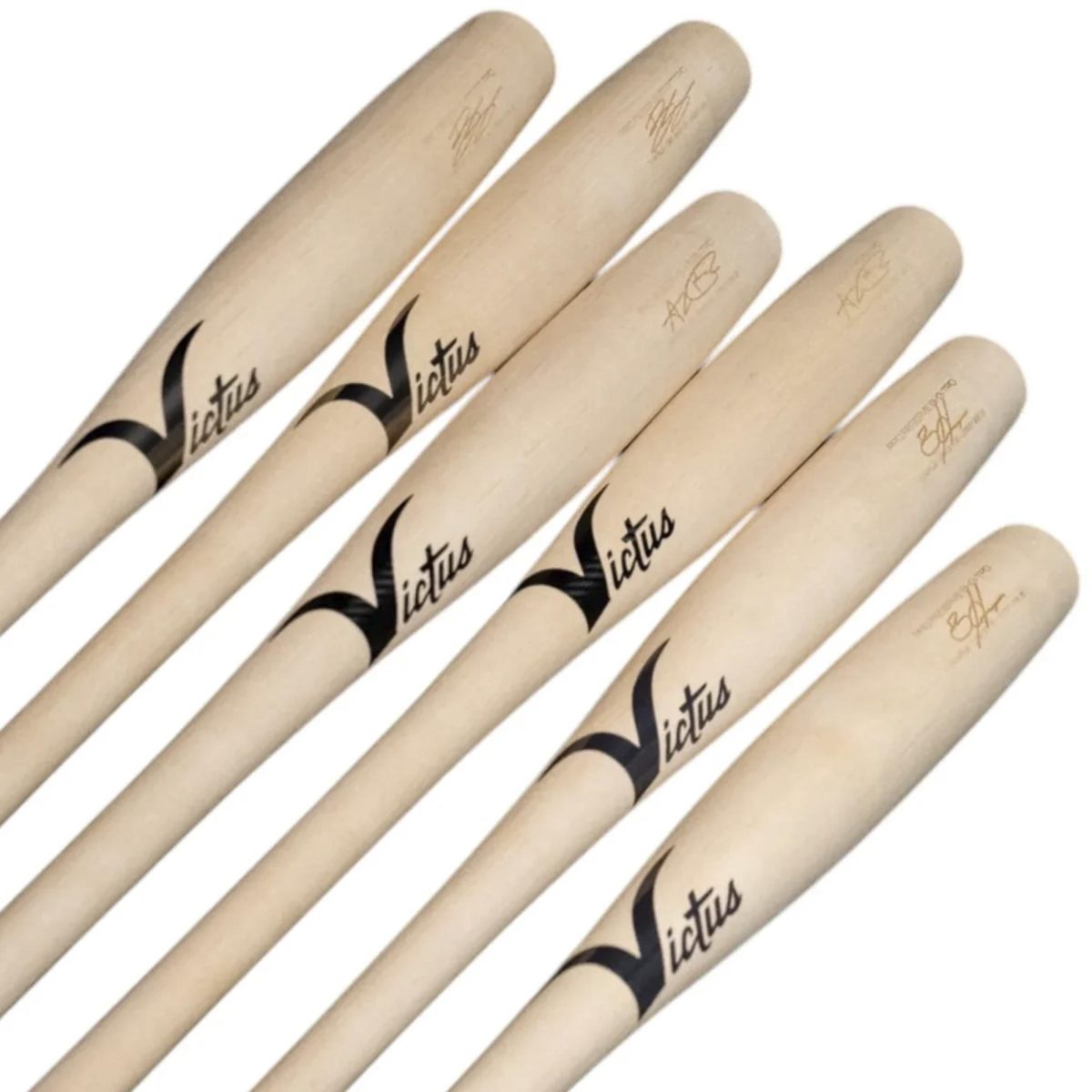From Oct. 2-6, the International Federation of Sport Climbing (IFSC) held the Seoul World Cup, the last World Cup
of 2024. This World Cup encompassed all three climbing disciplines — boulders, speed and lead — allowing for all six
seasonal titles to be awarded at the same event for the first time in climbing history.
Hosted at the Kangnam Sports Climbing Center in Seoul, South Korea, this event was the ninth total in this year’s IFSC World Cup Series. Across the three disciplines, 157 men and 111 women from 42 nations competed. This included five
athletes from Saudi Arabia to mark the country’s debut appearance in an IFSC World Cup event.
In speed climbing competitions, the athletes attempt to climb to the top in the shortest amount of time. In lead climbing, the goal is to get to the highest position in the time allotted. Bouldering involves four bouldering problems, and the climber who completes all four in the least number of attempts wins.
The five-day competition began with bouldering qualifiers for both men and women on Oct. 2. The semifinals and finals for bouldering were held on Oct. 3. All speed events, including qualifiers and finals, were scheduled on Oct 4. Lastly, between Oct. 5-6, the lead climbing qualifiers, semifinals and finals were completed.
There was intense pressure going into the Seoul World Cup, as this would be the last event of the season before the World Cup titles were awarded. Some of the important women’s athletes to watch were Natalia Grossman of the United States, Oceania Mackenzie of Australia, Mao Nakamura of Japan and speed climber Natalia Kalucka of Poland.
Grossman had the opportunity to make history in Seoul by becoming the first woman to win four consecutive Boul-
der World Cup titles.
Grossman had a bigger chance of claiming the World Series title as Janja Garnbret — Slovenian two-time Olympic gold medalist and the winner of the most IFSC gold medals — did not compete at Seoul, leaving Mackenzie and Mao as Grossman’s main contenders.
On the mens’ side, Sorato Anraku of Japan had the opportunity to claim the men’s Boulder trophy as he had a 740-point lead over Great Britain’s Olympic gold medalist Toby Roberts.
On the other hand, Roberts had the highest chances of winning the men’s Lead trophy. Additionally, men’s speed climbing could have a close competition, with all three top ranked athletes set to compete in Seoul.
The women’s bouldering qualification began with over 50 athletes. By the finals, only six athletes remained. With neither Mackenzie or Nakamura qualifying for the finals, it seemed the winner would be Grossman.
However, US athlete Anastasia Sanders claimed first place, after topping three out of the four boulders. In second place
was French climber Zélia Avezou, and in third was Erin McNeice of Great Britain.
Despite getting fourth place in Seoul, Grossman still won the overall Boulder trophy for 2024. In second and third place were Oceania Mackenzie and Mao Nakamura, respectively.
The women’s lead climbing qualification also began with over 50 athletes and narrowed down to eight athletes in the finals. Austrian Jessica Pilz claimed first place, with Japanese climber Ai Mori receiving second and American climber Anastasia Sanders winning third.
The overall 2024 Lead trophy went to Pilz. Garnbret and Mori claimed second
and third, respectively.
Lastly, the speed competition ended with Chinese athlete Yafei Zhou winning first, Indonesian athlete Rajiah Sallsabillah winning second and Chinese athlete Shengyan Wang winning third.
The Speed trophy for 2024 went to Lijuan Deng of China. In second and third places came Kalucka of Poland and Jimin Jeong of China.
The men’s bouldering qualifications began with over 60 athletes, and similarly, only six athletes advanced to the Finals. Coming in first place was Korean athlete Dohyun Lee after topping two of the four boulders. In second was British climber Maximillian Milne, and in third came Japanese climber Sohta Amagasa.
Although Anraku did not qualify for the boulder finals, he still was awarded the overall Boulder trophy. Meichi Narasaki and Tomoa Narasaki, both also from Japan, claimed second and third.
The Seoul lead Finals ended with Anraku winning first, South Korean athlete Dohyun Lee winning second, and Japanese athlete Shion Omata winning third. The 2024 men’s Lead trophy was awarded to Roberts, with Omata and Anraku winning second and third place.
Lastly, the speed competition ended with Chinese athlete Xinshang Wang winning first, Kazakhstani Amir Maimuratov winning second, and Indonesian Kiromal Katibin winning third. The Speed trophy for 2024 went to Sam Watson, an American who set a recording-breaking time of 4.74 seconds at the Paris Olympics. In second and third places came Matteo Zurloni of Italy and Wang.
The IFSC was established in 2007 through the combination of 45 individual country federations. Though this organization is fairly new, rock climbing competitions first began in 1985 when a group of the best climbers at the time gathered to hold the first lead climbing competition in Italy. This competition was hosted outdoors, and one year later, the French Federation organized the first ever indoor climbing competition.
Once indoor competitions were introduced, competition climbing took off, leading to the organization of the first climbing World Series and the first World Cup in lead climbing between 1988-1989.
During the 1990s, Europe, Japan and the U.S. started using artificial walls for competitions, and bouldering and speed climbing were added as disciplines. Soon after, the first bouldering World Cup was hosted.
At the 2020 Tokyo Olympics, competition climbing debuted, making the Olympics one of the first public demonstrations of rock climbing.
Sport climbing and rock climbing is one of the fastest growing sports in the world. Not only has participation been growing, with over 620 climbing gyms open in the US alone, but viewership has increased with the appearance of climbing at the Olympics.
Seeing climbers in the media or in popular documentaries such as “Free Solo” has also boosted the sport’s popularity. Additionally, more and more people have been trying indoor rock climbing, and youth programs have helped make the sport more accessible to younger children.
As exposure to rock climbing increases, the IFSC World Series competitions will gain a bigger audience and more athletes, making the sport more competitive and exciting to watch.
With the completion of the last World Cup of 2024 in Seoul, the IFSC has announced that there will be three more events added to the 2025 season, with twelve World Cups total.
After such a successful end to the 2024 World Series, fans await the beginning of the 2025 World Series in April for more great climbing.








